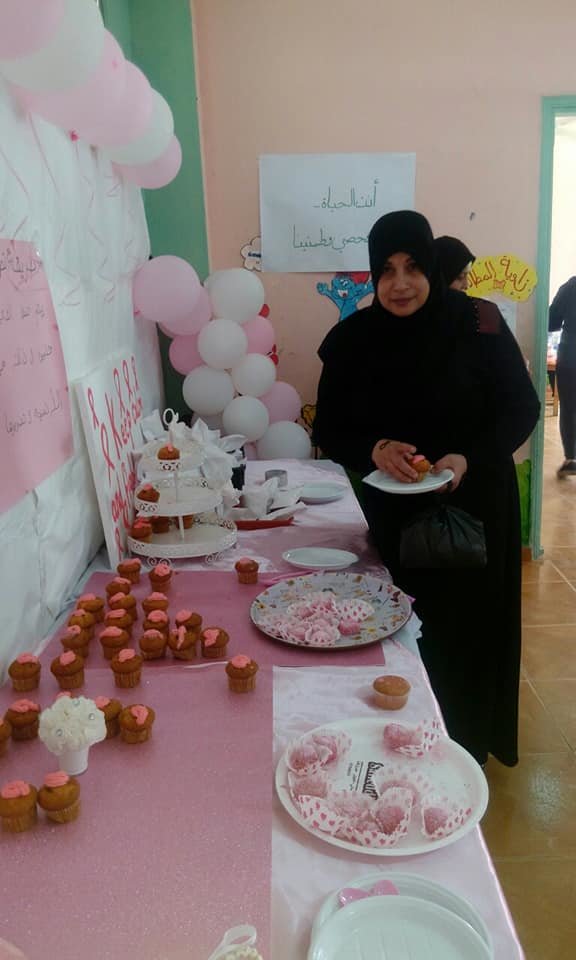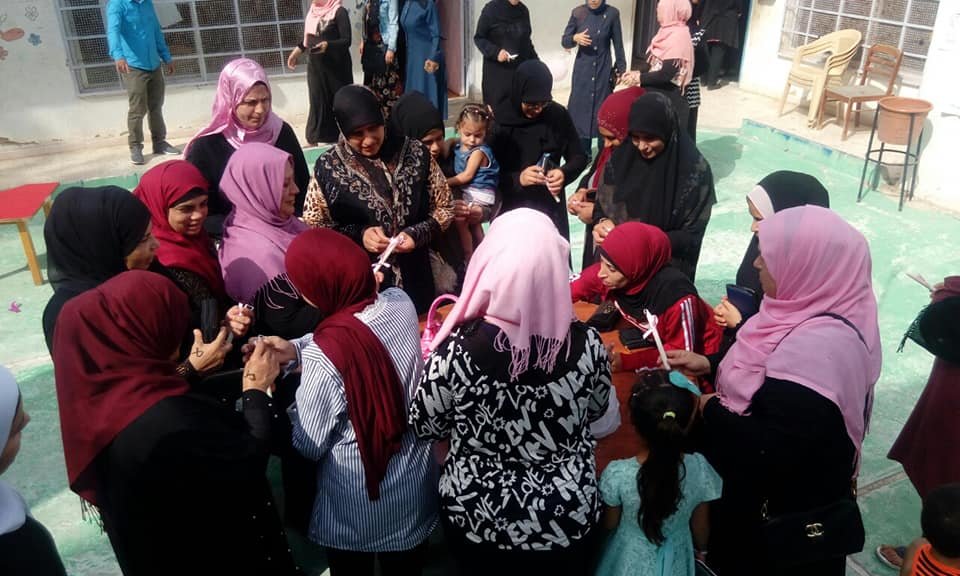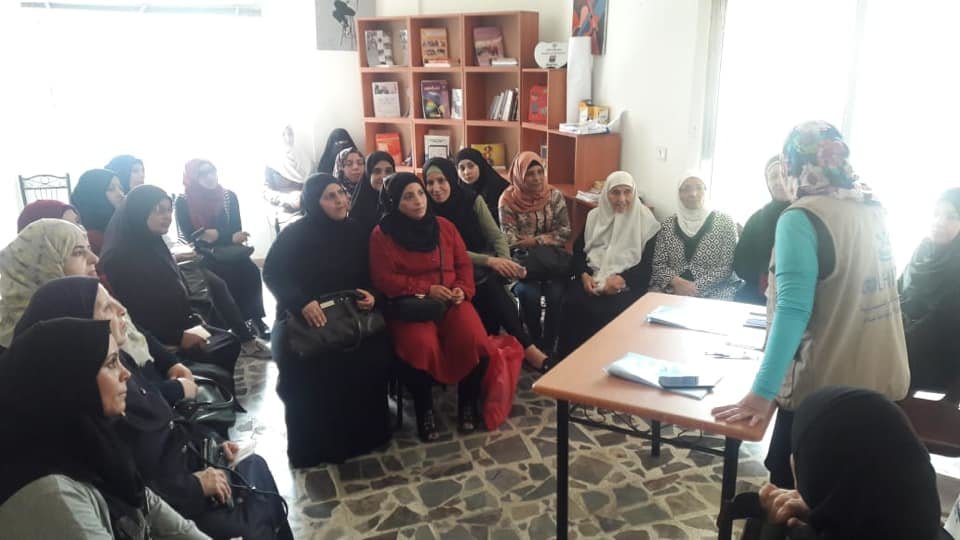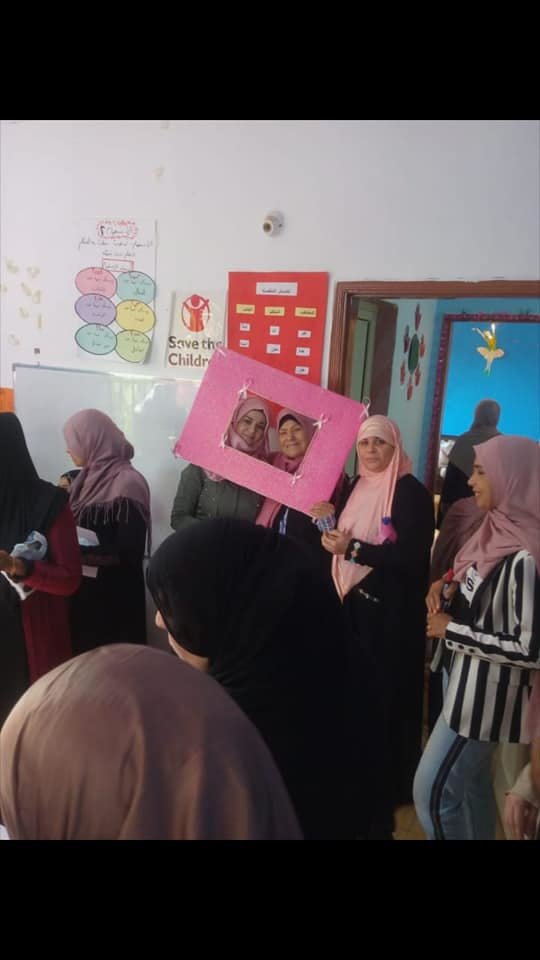By Hiba Hamzi | Program Coordinator
I) Background during and after the implementation of the project; Nearly half of the Lebanese, Syrian and Palestinian populations affected by the crisis are children and women, Public services are overstretched, with demand exceeding the capacity of institutions and infrastructure to meet needs. The service sectors are also overburdened, with the public health sector accumulating debt as displaced Syrian patients are unable to cover their part of the bill[1]. Seven years into the conflict, poverty levels are high and the long-term resilience of the country’s vulnerable communities is eroding as they run out of savings and struggle to access income. At present, 1.5 million Lebanese live below the poverty line, of whom 470,000 are children[2].
Experiences of displacement of Syrian and Palestinian refugees due to armed conflict, persecution, or disasters put significant psychological and social stress on individuals, families and communities. The ways in which refugees experience and respond to loss, pain, disruption and violence vary significantly and may in various ways affect their mental health and psychosocial wellbeing or increase their vulnerability to develop mental health problems. Often, reactions to disruptive situations are normal and can be overcome with time, therefore, we worked hard to support children and women to overcome the crisis that they are suffering from through activities such as supporting communities’ resilience, promoting mechanisms for social support, and offering services to individuals with more complex mental health needs.
Naba’a Achievements; During the last period,
Nabaa’ targeted 640 beneficiaries provided two non-consecutive days/ week – clinics in Ein el Helweh and Rashidieh the clinics are managed by a women gynecologist and a female nurse and the clinic operates one day in the afternoon.
CASE STUDY
M.A is 16 years old girls; she is Palestinian from ein al helwe camp. She lives with her mother, two sisters and two brothers, her father is dead. The family suffers from a difficult economic and social situation and that is because the source of income is only the mother (cleaner).
M.A feels depressed, lonely and stress because her mother and sisters have no time to her and no one cares about her. She left the school when she was in grade six and stayed at home doing nothing so she became more angry, stress, aggressive and all the time she is alone, hate to go out of home and communicate with the others.
So during home visits by social workers they convinced her to attend our activities and to register in vocational training center. During vocational training she also attended she deal methodology, life skills sessions, PSS sessions and RH sessions as anger management, how to deal with stress and depression, personal hygiene . Also she was followed by psychologist to support her.
After seven month M.A have been finished her vocational training and start working in beauty center and taking salary that helped her family ,a she also knew how to deal with anger and stress, how to make relations with others and how to protect herself .
[1] Lebanon-LCRP-2017-2020-2018-Update.pdf
[2] Lebanon-LCRP-2017-2020-2018-Update.pdf
Links:
Project reports on GlobalGiving are posted directly to globalgiving.org by Project Leaders as they are completed, generally every 3-4 months. To protect the integrity of these documents, GlobalGiving does not alter them; therefore you may find some language or formatting issues.
If you donate to this project or have donated to this project, you can receive an email when this project posts a report. You can also subscribe for reports without donating.
Support this important cause by creating a personalized fundraising page.
Start a Fundraiser


